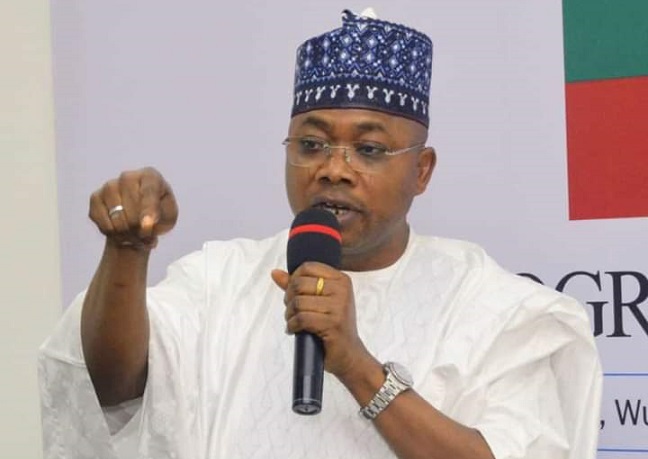The Central Bank of Nigeria has instructed foreign exchange market participants to submit compliance reports on their adherence to the Nigeria FX Code by January 31, 2025.
This directive aims to enhance ethical practices, governance, and transparency in the market.
The Nigeria FX Code, effective from December 2, 2024, outlines principles of good practice to ensure a robust, fair, and transparent foreign exchange market.
It applies to authorised dealers licensed under the CBN Act of 2007, the Bank and Other Financial Institutions Act of 2020, and other entities involved in wholesale FX business in Nigeria.
The apex bank has required market participants to conduct a self-assessment and submit detailed reports on their compliance with the FX Code.
These reports must be endorsed by the institution’s board of directors and include an implementation plan to address any compliance gaps.
Additionally, extracts from board meeting minutes must be provided to demonstrate oversight and accountability.
The FX Code document, which was released on Monday, read. “Market Participants will be required to conduct a self-assessment and submit to the CBN a report on the institution’s level of compliance with the FX Code by January 31, 2025.
“All Market Participants will thereafter be required to submit to CBN a detailed compliance implementation plan that is approved and signed by its Board along with the extracts of the Board meeting.”
After the initial deadline of January 31, market participants will need to submit quarterly compliance reports to the Financial Markets Department of the Central Bank.
These reports must be submitted within 14 days after the end of each calendar quarter, with the first set due by March 31, 2025.
To ensure adherence to the code, the Central Bank has established enforcement mechanisms, including monetary penalties as outlined in the CBN Act of 2007 and the BOFIA Act of 2020.
These measures aim to address non-compliance and promote integrity in the foreign exchange market.
The Nigeria FX Code is modelled on the Global FX Code and incorporates global best practices while addressing the specific dynamics of the Nigerian FX market.
The code covers key areas such as ethics, governance, execution, information sharing, risk management, and settlement processes.











